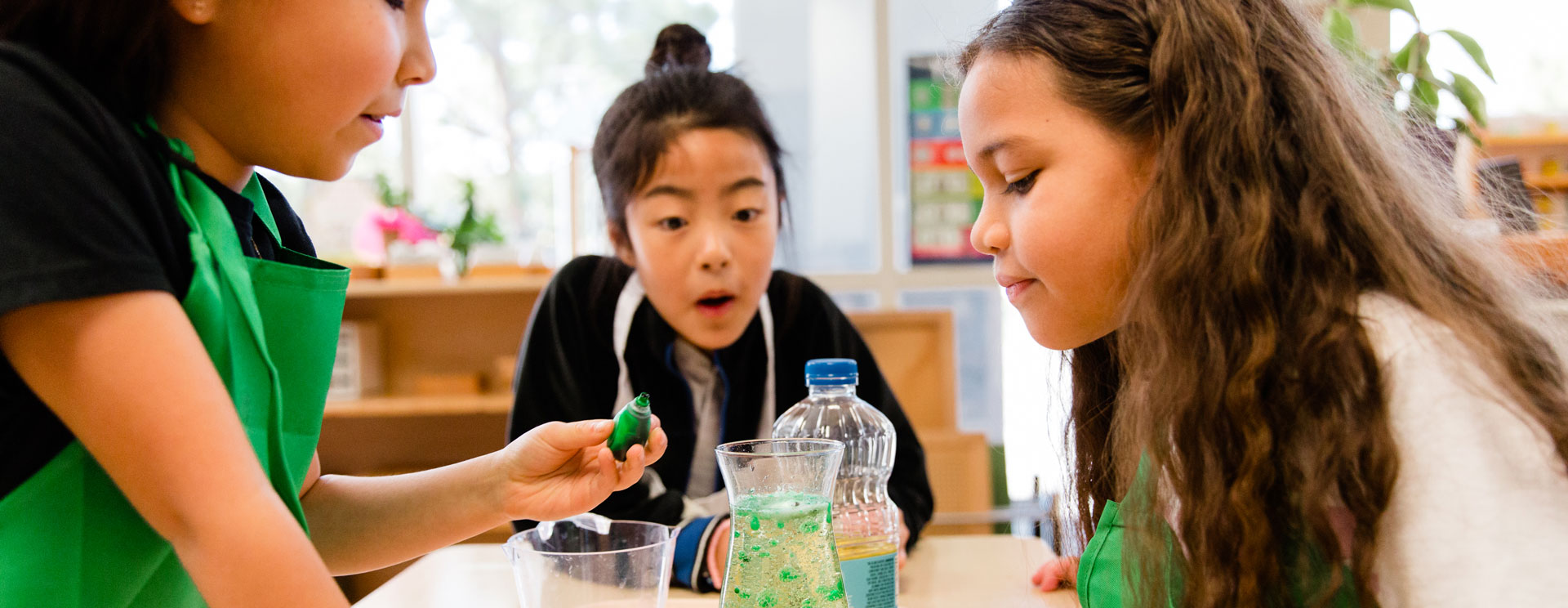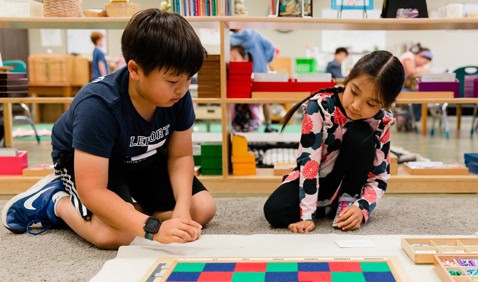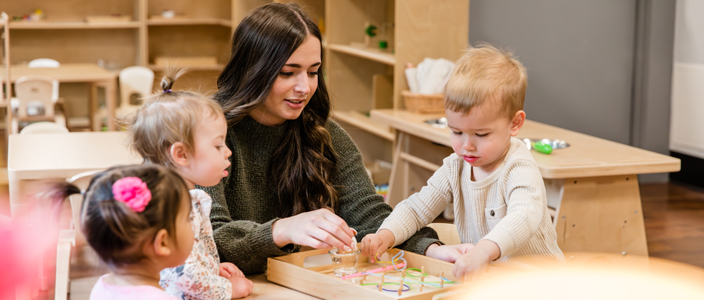
Our Curriculum
Inspiring Minds, Building Futures
Our curriculum is thoughtfully designed to build strong academic skills while fostering a lifelong love of learning. From reading entire novels to deeply understand literature, to exploring the world through hands-on science and chronological history, every subject is taught with purpose and depth.
We support each student’s unique journey, offering opportunities for challenge and growth, while also encouraging creativity, exploration, and real-world connections. At every step, we prioritize meaningful understanding over rote learning, preparing students not just for school—but for life.


Curriculum Subjects

Instead of using short book excerpts, we give our students full books to read. This helps them better understand history, people, and the world around them. They learn about stories, characters, and broad themes.
Our students become strong writers and speakers with an understanding of spelling, grammar, and vocabulary skills.
We teach history in the order it happened so our students can see how one event leads to another. This helps them understand why things happened the way that they did. We want our students to explore the cultures of the past and learn from the actions of people, both good and bad.
Our students learn long division and multiplication into the millions. They understand decimals, fractions, and times tables. They progress from arithmetic to more advanced math like pre-algebra, geometry, algebra, graphing, and statistics.
By studying how scientists made discoveries, our students learn to ask questions and understand the laws of nature. With exciting hands-on experiments, they learn science concepts and practice thinking carefully about what they see. We want our students to be curious about the world and feel confident exploring it.
Frequently Asked Questions
Our focus is on helping our students apply what they learn, not just earning a high test score. Students in 3rd through 8th grade take the MAP Growth test twice a year—once in the fall to set a baseline (this test is not shared with parents) and once in the spring to track progress (parents receive these results). The test adapts to each student’s level, giving us and parents a clear picture of how they are doing compared to others nationwide.
We don’t teach to the test. Instead, we focus on making learning engaging, so that our students develop deep understanding, strong thinking skills, and a love for learning. While our students tend to do well on tests, we believe true success comes from their ability to think clearly and solve problems. Along with tests, we use other ways to assess learning, like essays, presentations, and problem-solving exercises.
Students in elementary and middle school have time during the day to practice what they learn, so homework is limited and tailored to each child’s needs. For lower elementary students (1st–3rd grade), homework can range from none to about 3 hours a week, often including spelling, math, reading, or small research projects. By middle school, students gradually do more homework, with most having around 6–8 hours a week to prepare for high school expectations. Montessori homework is individualized, and if classwork isn’t finished during the day, it may be sent home. Clear communication between teachers, parents, and students helps balance homework and life.
We believe in learning both inside and outside the classroom. For our elementary and middle school students, we offer trips to help connect what they learn to the real world. These include field trips for the whole class, outings that students plan themselves, and overnight trips. Some of our trips are short, like visits to nearby nature spots, while others are longer, like trips to Washington, D.C., for our middle school students.
While we don’t have competitive sports teams, we make sure our students stay active with daily recess, where they play games like dodgeball or four square. Our teachers also use this time to promote teamwork and good sportsmanship. Some of our schools also have regular physical education classes during the week.
In addition to extracurriculars during the school day, our elementary schools offer after-school programs. These range from things like chess or boot camp, to art or music, and STEM programs like coding and LEGO engineering. The options change by school and season.
Many students also enjoy activities outside of school, such as sports, music, or community service. Since we limit homework compared to traditional schools, students have more time to follow their passions without missing out on free time, family time, or sleep.
When a student joins our program, teachers assess their abilities and place them in groups based on their skill level. This way, students are always working at the right level for them. For example, a 4th grader who is strong in math might join an advanced group with other 4th and 5th graders. Our goal is to help every child reach their full potential, and that includes giving advanced students the chance to do challenging work, like algebra or geometry in middle school.
As our students grow older and start learning about their changing bodies, they may become curious. We do not include formal sex education as part of our regular lessons. However, we do teach biology, including how different species reproduce. Sometimes, if parents ask for it, we may offer an optional sex education class. In those cases, we will let parents know and give them the choice to opt out.
We rarely see bullying because we maintain a close-knit community where teachers are proactive and focus on building strong relationships. We teach and model positive communication skills, creating a safe space for students to express their needs and feelings. Regular class meetings also give students a chance to talk about any concerns and work together to create a supportive space.
Our teachers closely observe students and step in quickly if they notice a problem between students. They talk to the children involved, helping them understand the impact of their actions and guiding them to resolve their differences. If needed, the issue may be discussed with other teachers and parents to ensure a thoughtful solution. We support both the child who was hurt and the one who caused harm, helping all students learn how to treat others with respect and build strong, healthy friendships.

